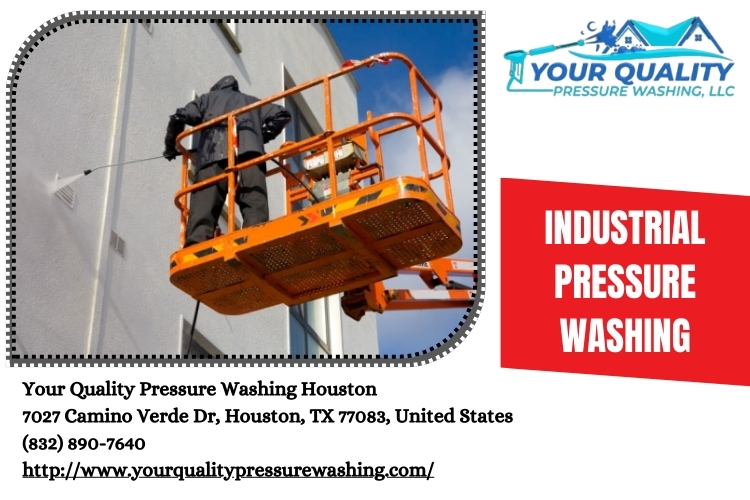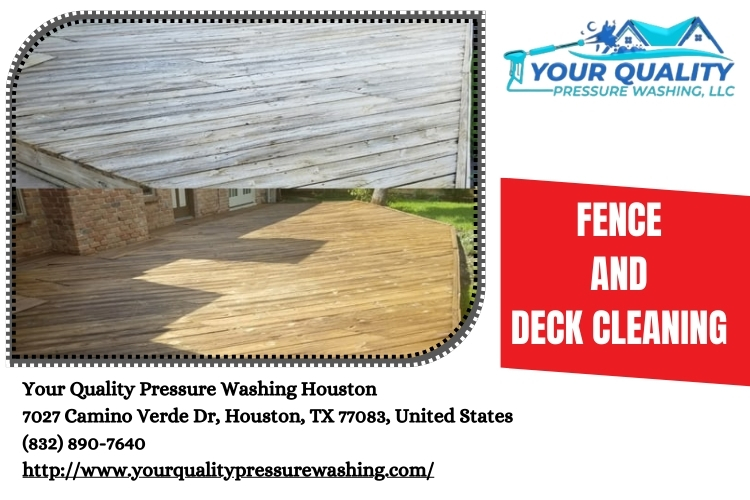Introduction
Pressure washing can breathe new life into your home’s exterior surfaces. Whether it’s your driveway, deck, or siding, a good power wash can remove dirt, grime, and even mildew. However, while DIY pressure washing might seem straightforward, it comes with its own set of challenges. In this comprehensive guide, we will cover The Do's and Don'ts of DIY Pressure Washing, ensuring you maximize the benefits while minimizing risks.
Understanding Power Washing vs. Pressure Washing
What’s the Difference?
Power washing and pressure washing are often used interchangeably, but they differ in certain aspects. Power washing uses heated water to clean surfaces effectively, making it ideal for tough stains like oil and grease. Conversely, pressure washing uses high-pressure water without heat, which is suitable for less stubborn dirt.
The Importance of Pressure Washing
Why Should You Consider It?
Regular pressure washing not only enhances your home's curb appeal but also extends the lifespan of various materials by removing harmful substances. Neglecting regular cleaning can lead to expensive repairs over time.
The Do's and Don'ts of DIY Pressure Washing
Do: Choose the Right Equipment
Using the right equipment is crucial for effective cleaning. A commercial-grade pressure washer with adjustable PSI settings is ideal.
- Tip: Always consider renting equipment if you don’t want to invest in one outright.
Don’t: Ignore Safety Precautions
Safety should always come first! High-pressure water can cause severe injuries if misused.
- Wear goggles to protect your eyes from debris. Use gloves to avoid skin irritation from chemicals.
Do: Use Appropriate Cleaning Solutions
What Types of Cleaners Should You Use?
Choosing appropriate cleaning solutions enhances the effectiveness of your wash. For instance:
- Biodegradable cleaners are eco-friendly options that won't harm plants nearby. Avoid bleach as it can damage surfaces over time.
Don’t: Overuse Cleaning Agents
While a little cleaner goes a long way, overusing it doesn’t equate to better results. Excessive soap can leave residue behind or create streaks on surfaces.
" width="560" height="315" frameborder="0" allowfullscreen>
Do: Test on a Small Area First
Why Is This Important?
Before committing to a full wash, test your pressure washer on a small inconspicuous area to gauge how the surface reacts.
Don’t: Use Too Much Pressure
How Can You Determine the Right PSI?
Different surfaces require different pressures:

| Surface Type | Recommended PSI | |--------------|------------------| | Wood | 500 - 800 | | Concrete | 2500 - 3000 Power washing | | Brick | 1500 - 2000 |
Using too much pressure can damage delicate materials like wood or paint.
" width="560" height="315" frameborder="0" allowfullscreen>
Do: Maintain Proper Distance
What’s the Ideal Distance While Washing?
Maintaining an appropriate distance from the surface being cleaned is essential. Generally, aim for at least 12 inches away from softer surfaces like wood and closer for concrete or brick.
Don’t: Wash in Direct Sunlight
Why Is Timing Important?
Washing in direct sunlight causes cleaning solutions to dry too quickly and may lead to streaks. Opt for early morning or late afternoon when temperatures are cooler.
Do: Rinse Thoroughly After Cleaning
Why Is Rinsing Important?
After applying any cleaning solution, ensure you rinse thoroughly to prevent residue buildup that could attract dirt again quickly.
Don't: Forget About Surrounding Areas
What Should You Keep in Mind?
Pressure washing creates runoff that could affect nearby plants or structures. Be mindful of where your water flows!
Your Quality Pressure Washing Houston Services
For those who want professional results without the hassle of doing it themselves, consider hiring experts like a roof cleaning contractor in Houston who specialize in this area.

Contact Us
Your Quality Pressure Washing Houston
Address: 7027 Camino Verde Dr, Houston, TX 77083, United States
Phone: (832) 890-7640
FAQs
How often should I pressure wash my home?
Ideally every year or two; however, high-traffic areas may require more frequent cleaning.
Can I use a pressure washer on my car?
It's not advisable due to potential damage; instead use a gentle rinse with low-pressure settings.
What time of year is best for pressure washing?
Spring or fall are typically best—avoid summer heat!
Is DIY pressure washing cost-effective?
Yes! Renting equipment is significantly cheaper than hiring professionals.
Will pressure washing remove mold?
Yes! Just make sure to use appropriate cleaning agents designed for mold removal.
What happens if I don’t clean my roof?
Potential leaks and structural damage may arise from moss and algae buildup over time.
Conclusion
In summary, understanding The Do's and Don'ts of DIY Pressure Washing empowers homeowners with knowledge that ensures they achieve beautiful results without risking injury or property damage. With proper equipment choices and safety precautions in mind, anyone can become proficient at maintaining their home's exterior through this efficient cleaning method! If you're ever uncertain or prefer professional help—remember there are always experienced local services ready to assist!
For top-notch results tailored specifically for your needs in Houston, don't hesitate—reach out today!